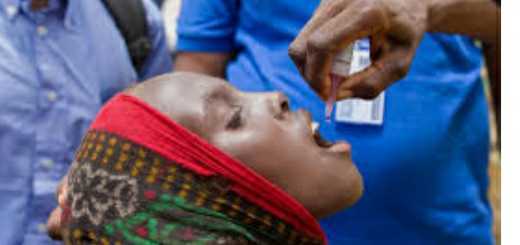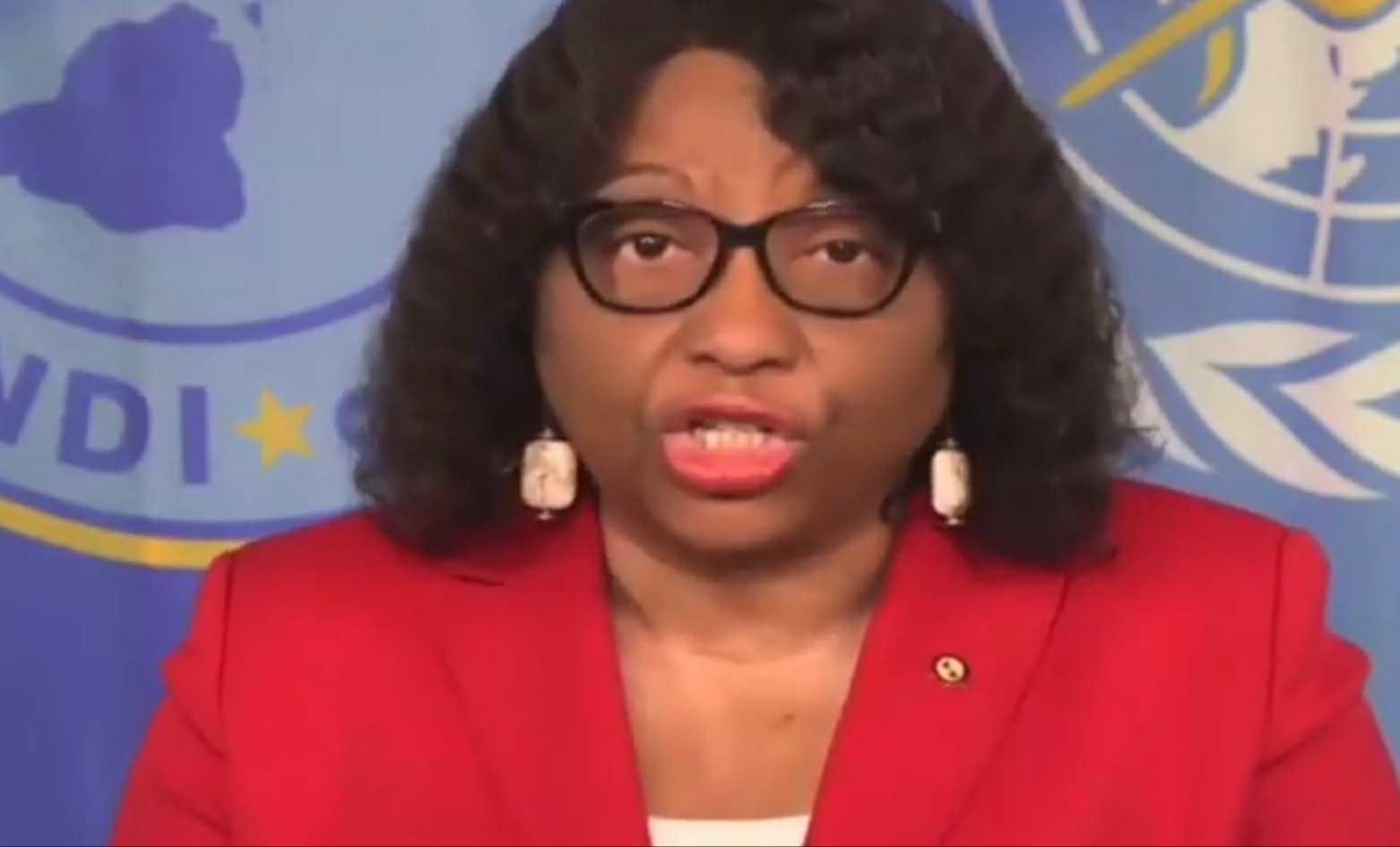
Washington, DC, 25 August 2020 (PAHO/WHO) – The Pan American Health Organization (PAHO) celebrates the certification today that 47 countries of the WHO African region are now free of polio, following four years without a case. With this achievement, five out of six World Health Organization (WHO) regions have their wild polio-free certification.
“In the Americas, we share the joy of the thousands of health workers, decision-makers, and strategic partners who contributed to eradicating polio from Africa, a great achievement,” said PAHO Director Carissa F. Etienne. “Once again, scientific evidence, international collaboration, and hard work in the field defeated a disease for the benefit of all mankind.”
The Region of the Americas was the first WHO region to receive wild polio-free certification in 1994. The last reported case of polio from wild poliovirus in the Americas was in 1991.
“Ending wild polio virus in Africa is one of the greatest public health achievements of our time and provides powerful inspiration for all of us to finish the job of eradicating polio globally,” said WHO Director-General Tedros Adhanom Ghebreyesus.
The resources and expertise used to eliminate wild polio have significantly contributed to public health and outbreak response systems in Africa and in countries around the world. The polio program provides far-reaching health benefits to local communities, from supporting the countries’ response to COVID-19 to bolstering routine immunization against other vaccine-preventable diseases.
The Americas: Paving the way for global polio eradication
As the first WHO region to eliminate polio, the Americas Region has helped pave the way for global polio eradication. Lessons learned from the Americas on epidemiological surveillance and initiatives aimed at the sustainability of immunization programs through PAHO’s Revolving Fund for Vaccine Procurement have been shared with immunization programs globally.
Key elements in achieving polio elimination in the Americas included political commitment from governments, extraordinary community participation, strong collaboration from governmental and international agencies and Rotary International, coordination between agencies in each country, and appropriate management of available resources.
Since then, PAHO has continued to work with its Member States to promote universal vaccine access, strengthen national immunization programs, promote technical exchange among countries, and develop experiences to share with other regions of the world.
The Americas Region has also shared its experiences conducting vaccination campaigns in adverse, emergency, or post-natural-disaster situations, including during armed conflicts and civil wars.
By negotiating ceasefires and establishing “days of tranquility” in the “Health as a Bridge for Peace” plan in Central America and Panama, part of the Esquipulas peace process, and by bringing vaccination and other essential health services to vulnerable populations even in conflict zones, the Americas showed that immunization as a common value for all sides can help overcome great obstacles on the path to eradication.
The final stretch
Although wild poliovirus has been gone from the Americas for 29 years, the Region must not let down its guard yet, PAHO experts have warned. Falling vaccination coverage rates and the fact that wild poliovirus still circulates in Afghanistan and Pakistan mean that polio is still a risk for children globally.
The COVID-19 pandemic has created additional barriers for immunization programs, leading PAHO to emphasize the importance of maintaining immunization as an essential service in the context of the pandemic. Since the pandemic started, PAHO has called for countries to continue to vaccinate and carry out epidemiological surveillance of vaccine-preventable diseases.
“Soon, all countries of the world will be faced with a new challenge: applying the legacy of polio eradication will be key during COVID-19 vaccination campaigns when we have a vaccine,” said Etienne. “Vaccines represent hope, a way to do good, and a right for all citizens of the world. We must relentlessly continue to promote vaccination.”






